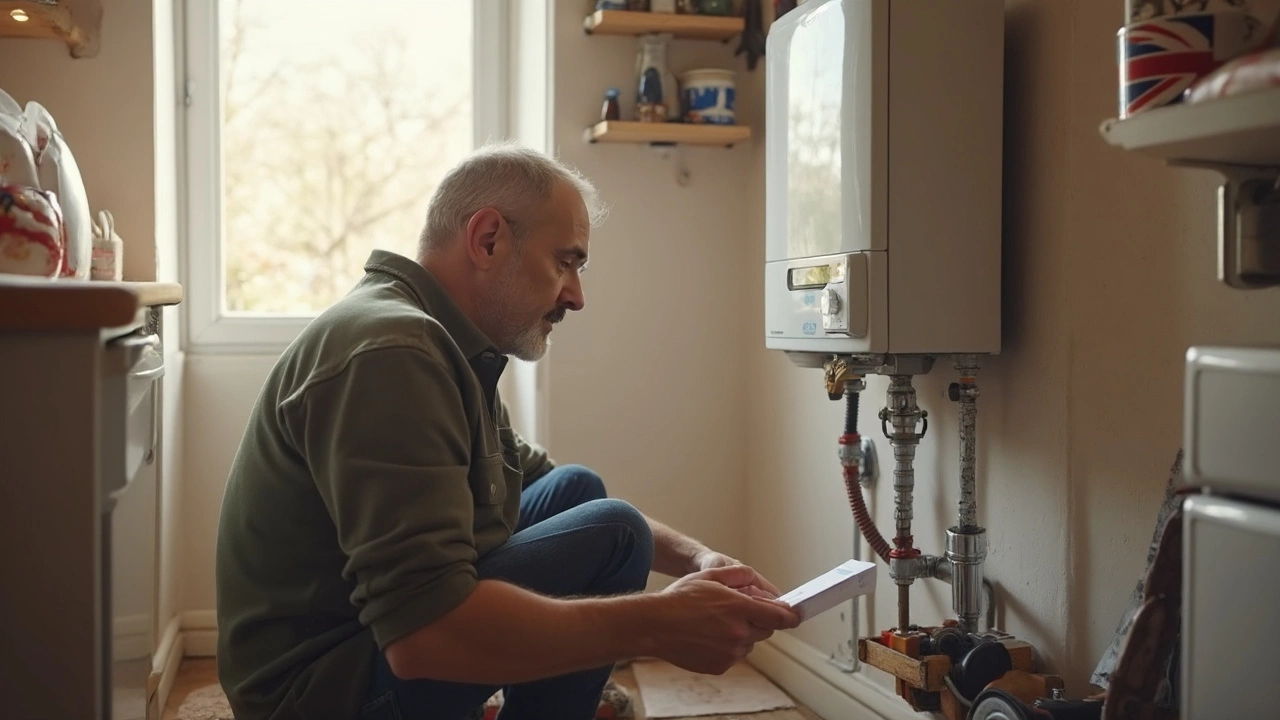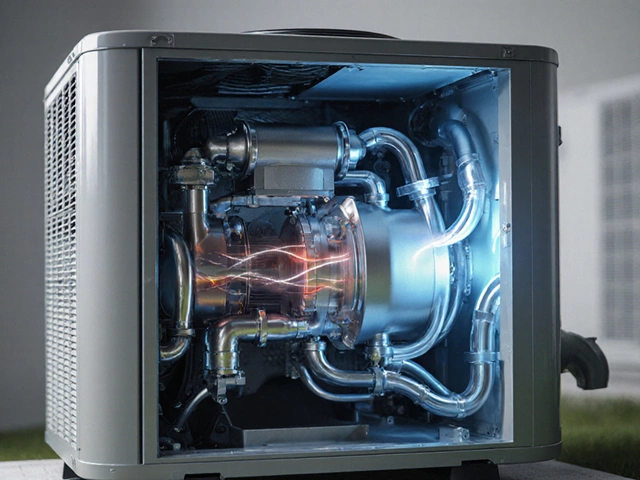Feeling the chill before the winter really hits? You don’t need to wait for a full‑blown freeze to start saving heat. A few quick tweaks can make your home feel warmer while trimming the energy bill. Below you’ll find easy actions you can take right now, plus guidance on when it’s time to call in a pro.
First, check your thermostat settings. Dropping the temperature by just 1°C (2°F) on nights when you’re under the blankets can shave up to 5% off your heating bill. If you have a programmable model, set it to lower the heat while you’re at work and rise an hour before you get home.
Next, seal the leaks. Run your hand around window frames and doors – any draft means warm air is escaping. Use weather‑stripping tape or a simple foam seal to block those gaps. It’s cheap, fast, and the difference is noticeable.Don’t forget your radiators. A dust‑covered radiator can lose up to 15% of its output. Turn off the heating, wipe the panels with a damp cloth, and place a reflective sheet behind them to push more heat into the room instead of the wall.
If you own a heat pump, keep the outdoor unit clear of leaves and debris. A blocked coil works harder and uses more electricity. A quick hose‑down in spring and a brush‑off in autumn keep it efficient all year.
Lastly, bleed your radiators if you hear gurgling noises. Air trapped inside reduces circulation, making the system work overtime. A small radiator key can release the air in a minute or two.
Some issues need a trained eye. If your boiler trips the safety lock, smells like gas, or refuses to fire up after a simple reset, shut it off and contact a certified engineer. Ignoring these signs can lead to bigger repairs or dangerous situations.
Heat pumps that stop delivering warm air even after cleaning the exterior unit often have deeper component wear. A technician can check the refrigerant levels and the compressor, ensuring the system runs at peak efficiency.
Water heaters that need frequent resetting or take forever to heat water are usually suffering from a failing thermostat or sediment buildup. A professional flush can restore performance and extend the unit’s lifespan.
Regular servicing isn’t optional—it’s the best way to avoid surprise breakdowns. Schedule a boiler service once a year, especially before the cold season, and ask the engineer to inspect the pressure, heat exchanger, and safety valves.
By combining these DIY tweaks with timely professional maintenance, you’ll keep your home snug, lower your energy spend, and prolong the life of your heating gear. Start with one or two quick actions today and watch the comfort level rise without the extra cost.

Thinking about handling your own boiler service? Get the truth about what you can and can’t do, why safety matters, and which tasks are okay for homeowners. This article covers legal restrictions, common mistakes to avoid, and practical tips for everyday boiler care. Learn how to spot problems early and when it's really time to call a pro. Save yourself headaches, money, and maybe even a major disaster by knowing the facts.

Discover what makes some refrigerator repairs more costly than others. From compressor issues to electronic faults, fixing these problems can hit your wallet hard. We'll uncover why some are pricier than others and offer tips on how to avoid them. Learn about preventive measures to save you money in the long run. This guide is a must-read for every fridge owner looking to keep repair costs at bay.

When your boiler breaks down, taking a comfortable shower suddenly feels like a luxury. This article explains exactly what happens to your shower when a boiler goes out, ways to still get clean, and when you should call in a professional. Learn alternative methods for washing, bust some myths about cold showers, and get tips on preventing future breakdowns. We even cover what to do if you have kids or need to keep up with fitness routines. Staying clean during a crisis isn’t impossible—you just need a bit of know-how and some creative solutions.

Struggling with a hot water heater that refuses to kick on can be frustrating, especially on chilly days. In this detailed guide, you'll find practical solutions and in-depth explanations to help diagnose and possibly fix some of the most common issues that prevent your hot water heater from functioning. Whether it's a simple power issue or a more complex mechanical fault, this article equips you with the knowledge to tackle the problem. It's time to stop second-guessing and start understanding what's really going on with your heating system.

Find out the 2025 price range for heat pump compressors, what factors affect cost, how to get accurate quotes, and whether DIY or professional installation is best.

Wondering if your 20-year-old oven can be repaired? Discover repair tips, replacement part insights, costs, and when it makes sense to swap your old oven for a new one.